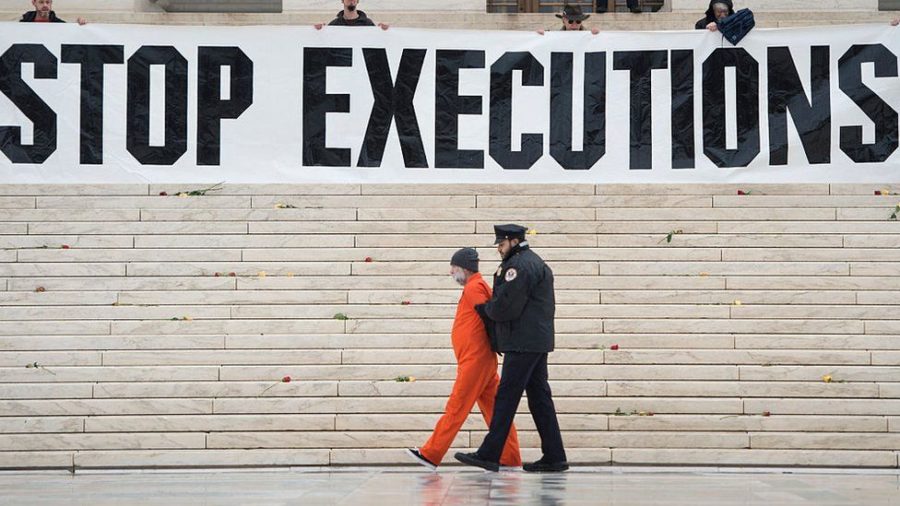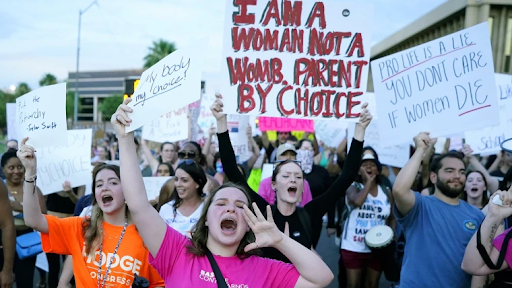Virginia Death Penalty Repeal
On February 5th, Virginia’s House of Delegates voted 57-41 to abolish the death penalty. Jamestown colonists carried out the first national execution in 1608 for thievery acts like stealing grapes or killing chickens. Since then, Virginia has executed about 1,400 people, which is more than every other state except Texas. This dramatic turnabout has now solidified Virginia as the 23rd state to stop executions. Like other topics like gun laws, the death penalty, LGBTQ rights and protections, minimum wage, and abortion restrictions, it is surrounded by controversy. This year, in particular, lawmakers have been passing one progressive measure after another, which has caused various reactions by the public.
Some individuals like House Speaker Eileen Filler-Corn and Senate Majority Leader Dick Saslaw believe that capital punishment and justice are not synonymous: “It is vital that our criminal justice system operates fairly and punishes people equitably. We all know the death penalty doesn’t do that. It is inequitable, ineffective, and inhumane,” Students like Brittney Titarine (12) agrees with this statement, adding that taking a life accomplishes nothing: “I feel that some crimes are done with pure hate, and that person should be held accountable for their actions, but I also don’t feel comfortable allowing some to take a life. Something about the death penalty just really bothers me. There’s an opportunity for a convicted person to go to therapy, counseling, or serve time so that they can realize what they have done and find some peace within themselves.” Those against the death penalty argue that there are way better alternatives that allow for personal growth rather than an extreme punishment like the death penalty.
Those for the death penalty point out that justice to the victim should be of more importance than the inflictor’s fate. Divya Sharma (12) recognizes that though the death penalty is harsh, it provides equity of treatment: “There are a lot of ethical concerns about the death penalty, because it seems so brutal, however depending on the severity of the crime, in a lot of ways the death penalty can act as a deterrent for those things ever to happen again. My personal belief is that all crimes are obviously awful and should be met with a certain level of punishment; however, certain crimes are so heinous that no amount of jail time seems like it could truly do justice to the victim.” She ends by saying that depending on the crime, it’d be unjust to rule out the death penalty idea. For her, the idea of gaining justice for victims is too important to ignore.
It is a great shock that capital punishment has come to a halt in Virginia, seeing as the state carried out 113 executions since the U.S. Supreme Court resumed the death penalty in 1976. The different stances on the death penalty can agree that capital punishment is harsh, though those for the death penalty state that it is for the right reasons. All in all, it’s up to you: is this change for the better or for worse?

Essence Gaynor is a senior here at Wheeler High School, and this is her fourth year joining The Catalyst team. She is excited to be editor in chief this...






